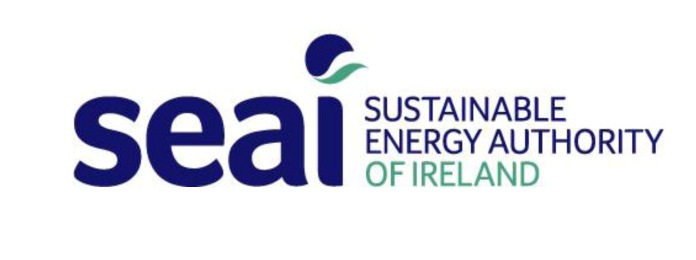Energy Audit Deadline Approaches

The EU Energy Efficiency Directive (2012/27/EU) was transposed into Irish law last October under the Energy Efficiency Regulations 2014. These regulations form the basis for Ireland’s commitment to meet its required energy efficiency and emissions targets. Under the remit of the SEAI, these new regulations will apply to “non-SMEs”, that is to say specifically large enterprises that fulfill either of the following criteria:
• Businesses with an excess of 250 employees on the payroll;
• An annual turnover of €50m or greater and a balance sheet total in excess of €43m.
Under Part 3 of the new regulations, large businesses that meet the required criteria will be required to conduct an energy audit of their operations every four years. The first of these audits is due for completion by the 5th of December 2015. As such there are two options for large businesses to demonstrate compliance:
1. To carry out an Energy Audit with a registered Energy Auditor. This can be carried out by either a third party auditor or by an in-house auditor provided they are registered under the Energy Audit Scheme. The SEAI has not provided a template for conducting audits but has instead directed business to the following documents for guidance:
• ISO 50002: 2014 Energy Audits: Requirements with guidance for use;
• EN16247 Parts 1-4 pertaining to audits of buildings, processes and transport;
• CIBSE AM5:1991 Energy Audits & Surveys
2. To provide evidence that they are implementing an Energy Management System (EMS). ISO 50001 Energy Management System certification is deemed appropriate provided that it meets certain criteria such as:
• The certification is valid on the 5th of December 2015;
• It can be demonstrated to the SEAI that the EMS incorporates a specific Energy Audit Element;
• The audit satisfies the minimum requirements set out in the Annex VI of Energy Efficiency Directive;
• The EMS covers more than 70% of your total primary energy usage and includes all categories of energy use (e.g. thermal, electrical and transport);
Exemptions are also in place for companies that hold a valid Greenhouse Gas Emissions Permit. That portion of the business is eligible for a derogation provided it can demonstrated that:
• Documentation of an exemption can be provided;
• The exemption only applies to energy use covered by the licence.
Currently the SEAI are considering applying exemption criteria, similar to that for the ISO 50001, to companies that have ISO 14001: Environmental Management System certification. Penalties for non-compliance will apply from 2016 onwards so it is advisable to meet the 5th of December 2015 deadline.
For a list of Registered Assessors or to find out more, follow the link below:
